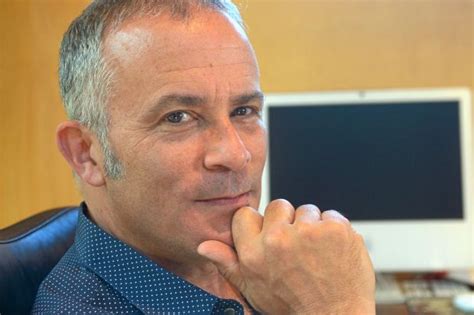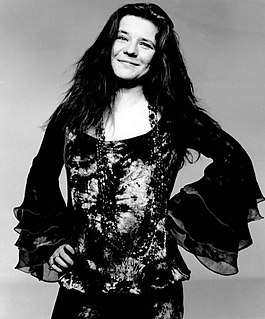A Quote by Tom Barbash
I think the second, or outsider's, perspective can come as you layer a story. It's as though you've grabbed a secondary character and asked them, "What do you make of this guy?" and the hope is that the answer surprises you as the writer.
Related Quotes
I read a story about some old opera singer once, and when a guy asked her to marry him, she took him backstage after she had sung a real triumph, with all the people calling for her, asked, 'Do you think you could give me that?' That story hit me right, man. I know no guy ever made me feel as good as an audience. I'm really far into this now, really committed. Like, I don't think I'd go off the road for long now, for life with a guy no matter how good. Yeah, it's the truth. Scary thing to say though, isn't it?
Anything that I'm doing I think I always come at it from an outsider perspective. The first like real front page story that I had for the Times was about how after decades of battles over public restrooms in New York City, effectively chain stores had become the public restroom of choice for New Yorkers, it's sort of a silly little thing, but coming as an outsider, I was like 'Oh this is actually really interesting.'
What drew me to Batman in the first place was Bruce Wayne's story, and that he's a real character whose story begins in childhood. He's not a fully formed character like James Bond, so what we're doing is following the journey of this guy from a child who goes through this horrible experience of becoming this extraordinary character. That, for me, became a three-part story. And obviously the third part becomes the ending of the guy's story.
I believe a good writer can write a good book with any sort of character, in any sort of setting, but I prefer to write about the outsider. It might just be because I've been one (or perceived myself to be one) for so much of my life. But the simple fact of being marginalized immediately brings conflict to a story before the narrative even begins, and that's gold for a writer because it means that your character already has depth before events begin to unfold.





































